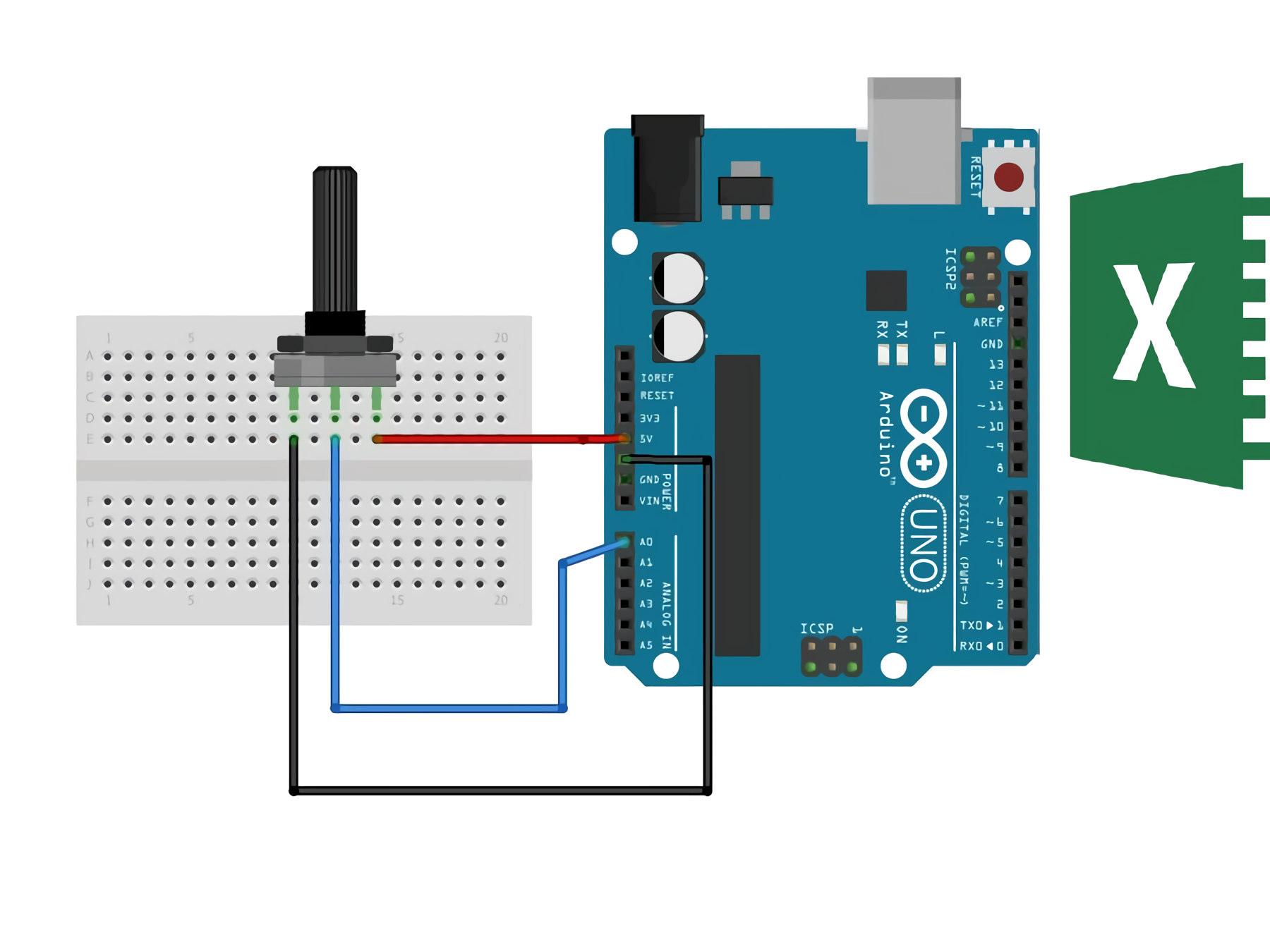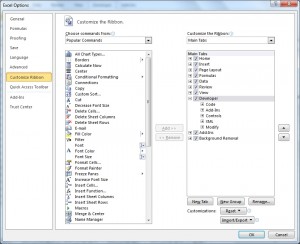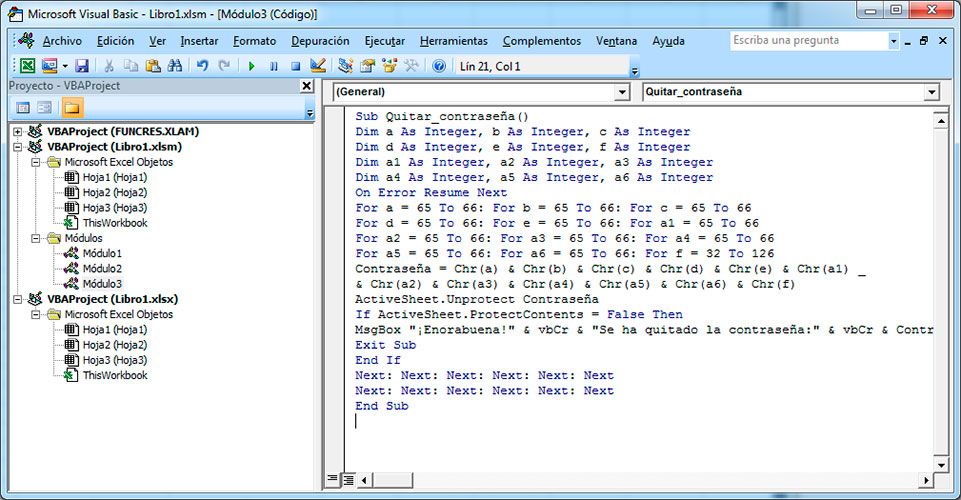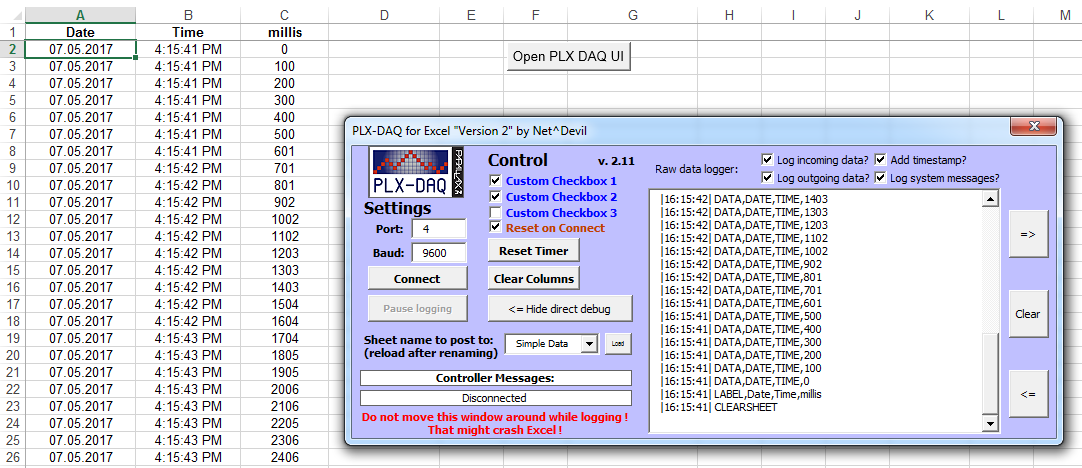

The memory hunger of Access increased with each new version. This problem will not happen when you run the very same application in 64-bit Access. When you open multiple forms at the same time that contain a large number of sub-forms, most likely on a tab control, you might run into out-of-memory-errors on 32-bit systems. There is only one benefit of 64-bit Access I’m aware of. And finally, Access applications using the Windows API in their VBA code will require some migration work to function properly in an 圆4-environment.Only if you need to connect to some old legacy systems this might still be a factor. – Though this should rarely be an issue nowadays.

Drivers/Connectors for external systems like ODBC-Databases and special hardware might not be available.(The Microsoft Common Controls are available for 64-bit since 2017, but there still is some confusion about using the MsComCtl.ocx in 64-bit Access.) Yes, this is still a problem in 2020, more than 10 years after the first 64-bit Windows operating system was released. Many ActiveX-Controls that are frequently used in Access development are still not available for 64-bit.There are several reasons not to use 64-bit Access. If you are just focusing on Microsoft Access, there is actually no compelling reason to use the 64-bit edition instead of the 32-bit edition.

Windows 圆4 provides an excellent 32-bit subsystem that allows you to run any 32-bit application without drawbacks.įor now, 64-bit Office/Access still is rather the exception than the norm, but this is changing more and more. You do not need to install Office/Access as 64-bit application just because you got a 64-bit operating system.

Since Office 2010 all the Office applications including Microsoft Access and VBA are available in a 64-bit edition in addition to the classic 32-bit edition. How to convert Windows API declarations in VBA for 64-bitīy Philipp Stiefel, originally published


 0 kommentar(er)
0 kommentar(er)
